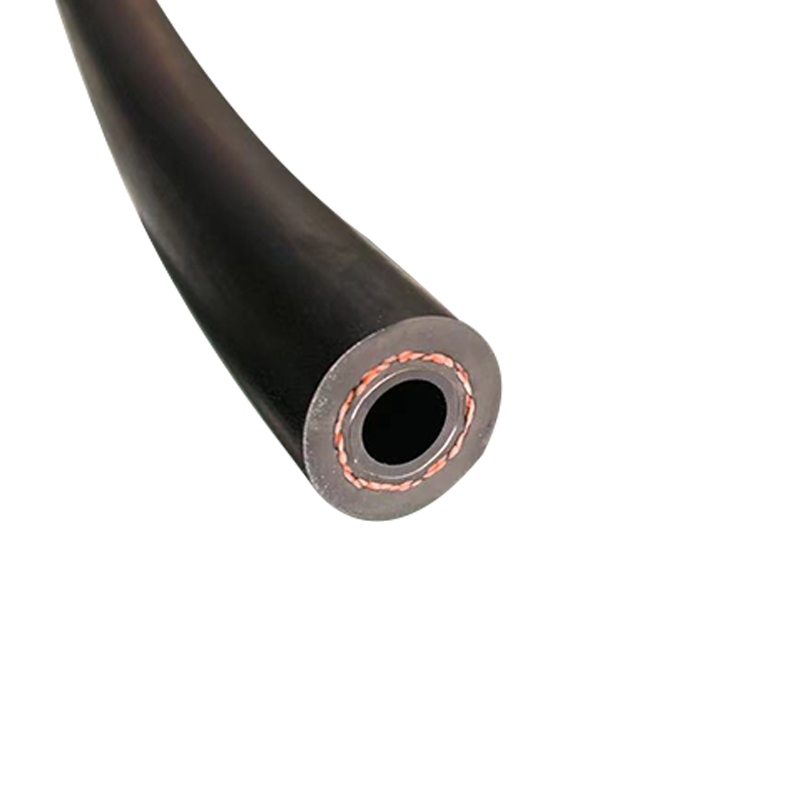Fuel Transfer Hose for Efficient Delivery and Safe Handling Solutions
Dec . 11, 2024 09:36 Back to list
Fuel Transfer Hose for Efficient Delivery and Safe Handling Solutions
Understanding Fuel Delivery Hoses An Essential Component in the Fuel Industry
In the global fuel delivery industry, ensuring a safe and efficient transfer of liquid fuels is paramount. One crucial element that facilitates this process is the fuel delivery hose. This specialized equipment plays a vital role in various applications, from fuel stations to industrial sites. In this article, we will explore the functions, types, and maintenance of fuel delivery hoses, highlighting their importance in ensuring a seamless fuel transfer.
What are Fuel Delivery Hoses?
Fuel delivery hoses are flexible tubing systems designed to transport various liquid fuels from one point to another. They are commonly used in gasoline stations, oil refineries, and other industrial settings where fuel transfer is necessary. These hoses are engineered to withstand high pressures and harsh environmental conditions, ensuring they remain functional and safe over time.
The primary function of a fuel delivery hose is to facilitate the safe and efficient transfer of fuel while preventing spills or leaks that could pose safety risks or environmental hazards. Given the volatile nature of fuels, having a reliable hose is essential in maintaining operational integrity and safety.
Types of Fuel Delivery Hoses
Fuel delivery hoses come in different types, each tailored to specific applications and fuel types
. Understanding these variations can help users choose the right hose for their needs.1. Standard Fuel Hoses These are designed for general fuel transfer applications, commonly used in service stations. They are typically flexible and lightweight yet sturdy enough to handle various fuel types, including gasoline and diesel.
2. High-Pressure Fuel Hoses Used in environments where fuel is delivered at high pressures, these hoses are built with reinforced structures to withstand extreme conditions. High-pressure hoses are essential in industrial applications, especially in oil refineries and large commercial fueling operations.
3. Chemical-Resistant Hoses Some fuel delivery hoses are specifically designed to handle alternative fuels or chemicals. These hoses are made with specialized materials that resist degradation from different fuel compositions, ensuring longevity and performance.
fuel delivery hose

4. Heavy-Duty Hoses For industrial applications where durability is critical, heavy-duty fuel hoses offer superior wear resistance and structural integrity. These hoses are often used in construction sites and other rugged environments.
Maintenance of Fuel Delivery Hoses
Proper maintenance of fuel delivery hoses is crucial in ensuring safety and performance. Regular inspections and timely replacements can prevent leaks and potential hazards.
1. Visual Inspections Conduct routine checks for signs of wear and tear, such as cracks, abrasions, or bulges. Any visible damage can compromise the hose’s integrity and should be addressed immediately.
2. Pressure Testing Periodically testing hoses under operational pressure can help identify any weaknesses that may not be immediately visible. This practice is especially important for high-pressure hoses used in industrial applications.
3. Cleaning and Storage Proper cleaning after use, especially when transitioning from one type of fuel to another, is essential to prevent contamination. Additionally, hoses should be stored in a cool, dry place, away from direct sunlight or harsh chemicals that could affect their material.
4. Replacement Guidelines Always follow manufacturer guidelines regarding the lifespan and replacement of hoses. Even if a hose appears to be functioning well, it is essential to replace it at recommended intervals to prevent unexpected failures.
Conclusion
Fuel delivery hoses are an indispensable part of the fuel industry, ensuring that various types of fuel are safely transported across different settings. With a wide range of hoses available to suit specific fuel types and required pressures, users must select the right kind for their operations. Additionally, regular maintenance and inspections are crucial in preventing accidents and ensuring the longevity of these essential components.
In a world increasingly focused on efficiency and safety, understanding the intricacies of fuel delivery hoses becomes not just beneficial but necessary for anyone involved in fuel transfer operations. By prioritizing the right equipment and proper care, fuel delivery can be a seamless and safe process.
